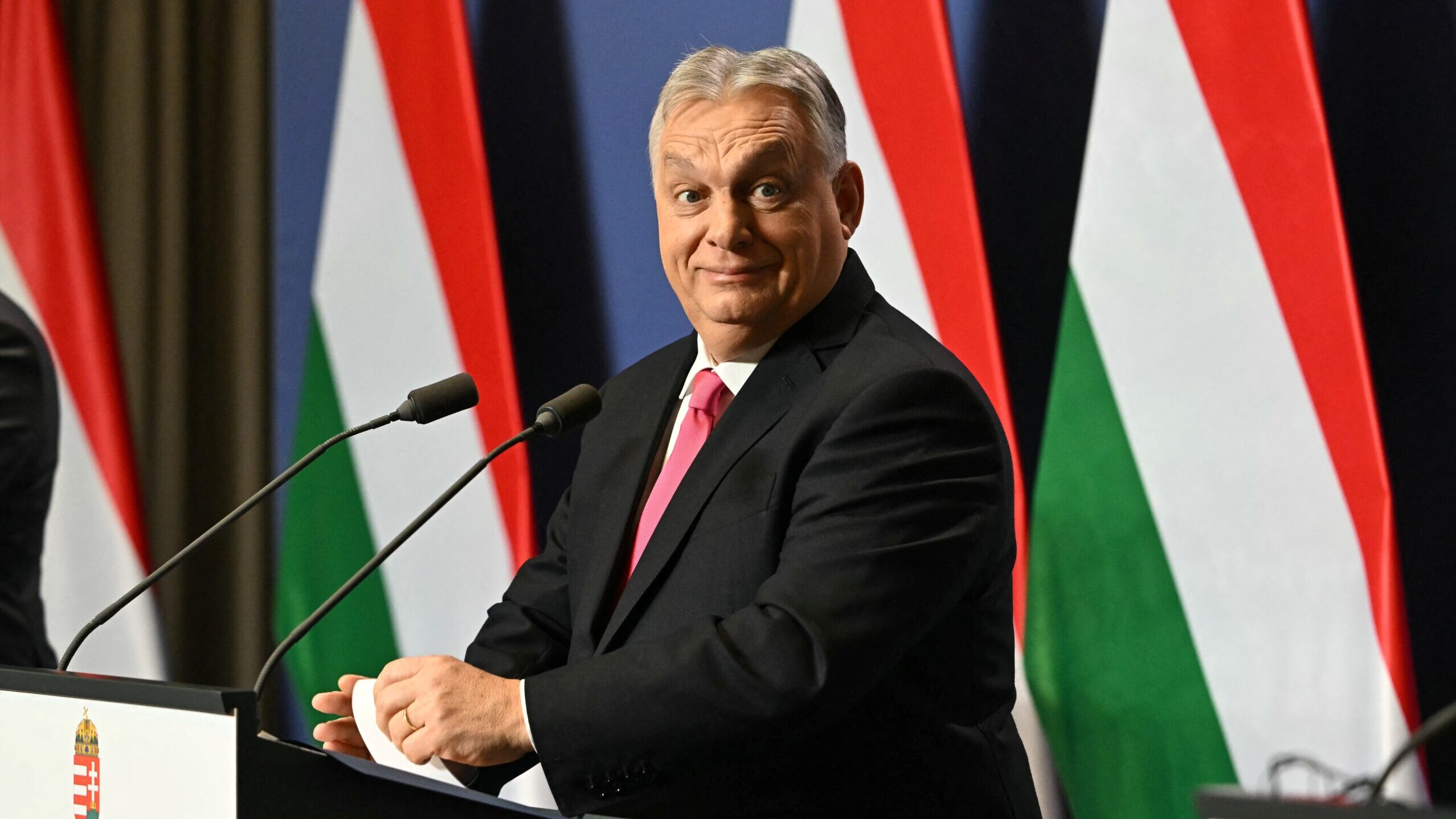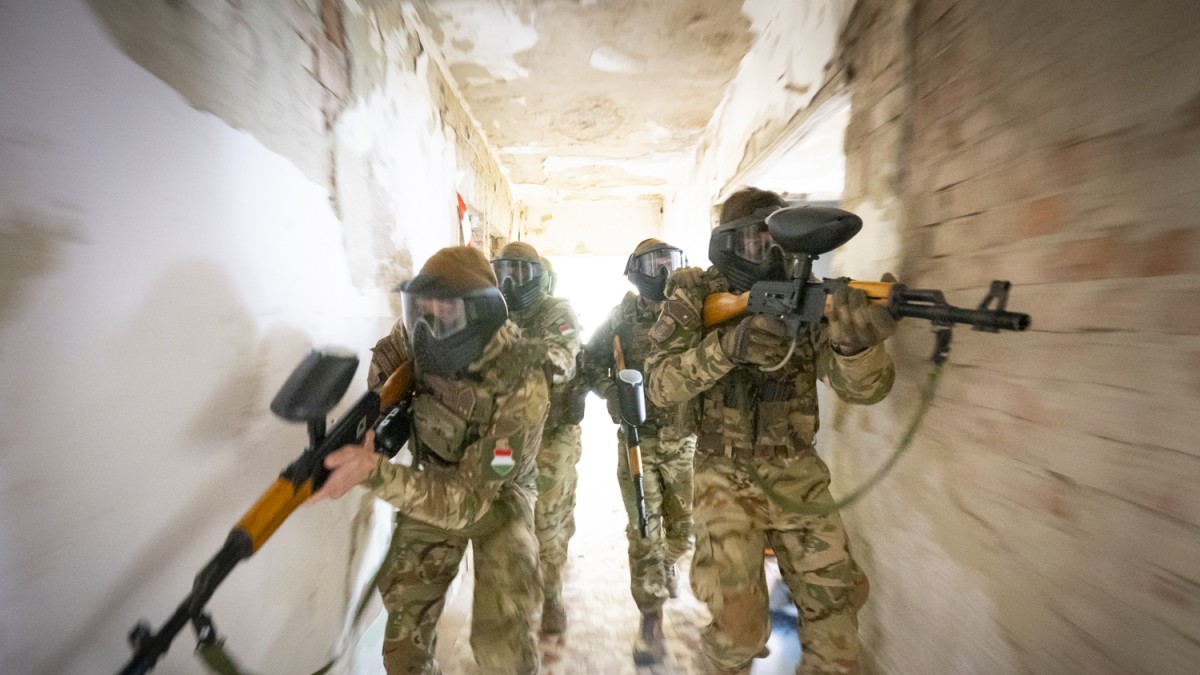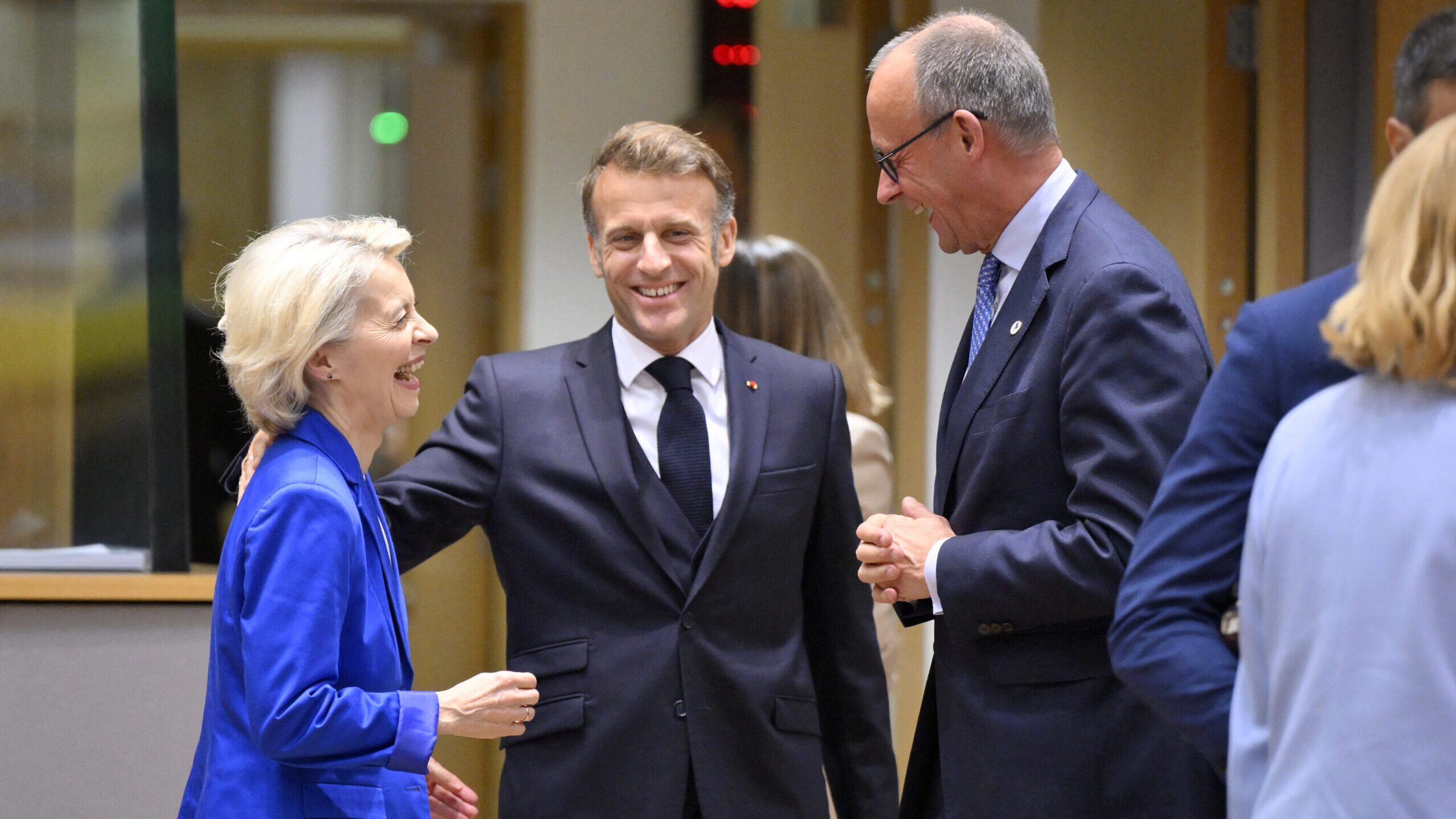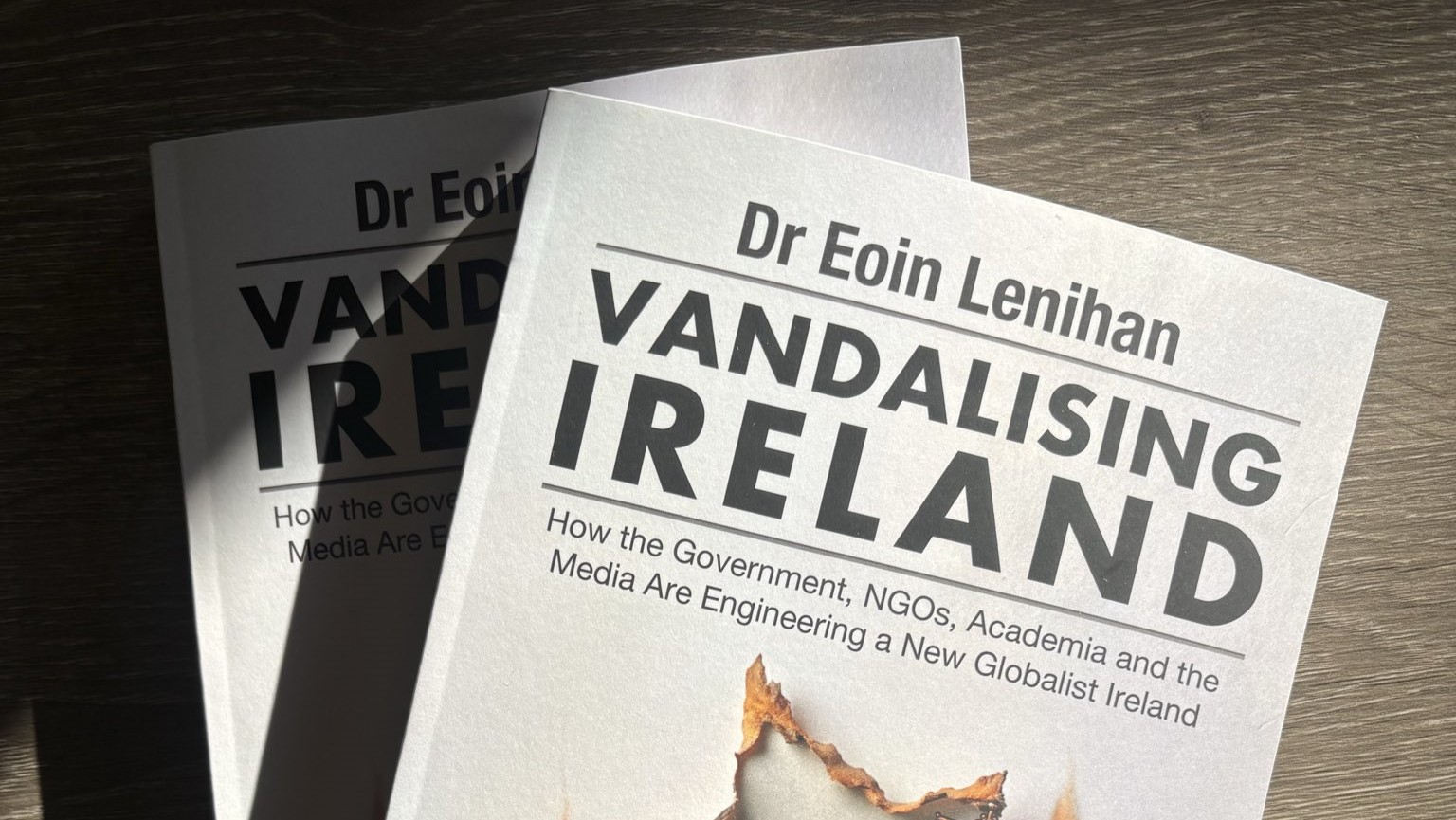
The World Was an Option, Transylvania Was Home — A Conversation with István Baloga on Water Polo
‘I received a scholarship that covered tuition fees, but the cost of living was very high. Alongside two training sessions a day, I had to study and also work—as a waiter—in order to be able to pay for accommodation…With the university team, we won the Eastern Championship, defeating universities such as Harvard, Princeton, Brown, and the Navy’s team, too.’









